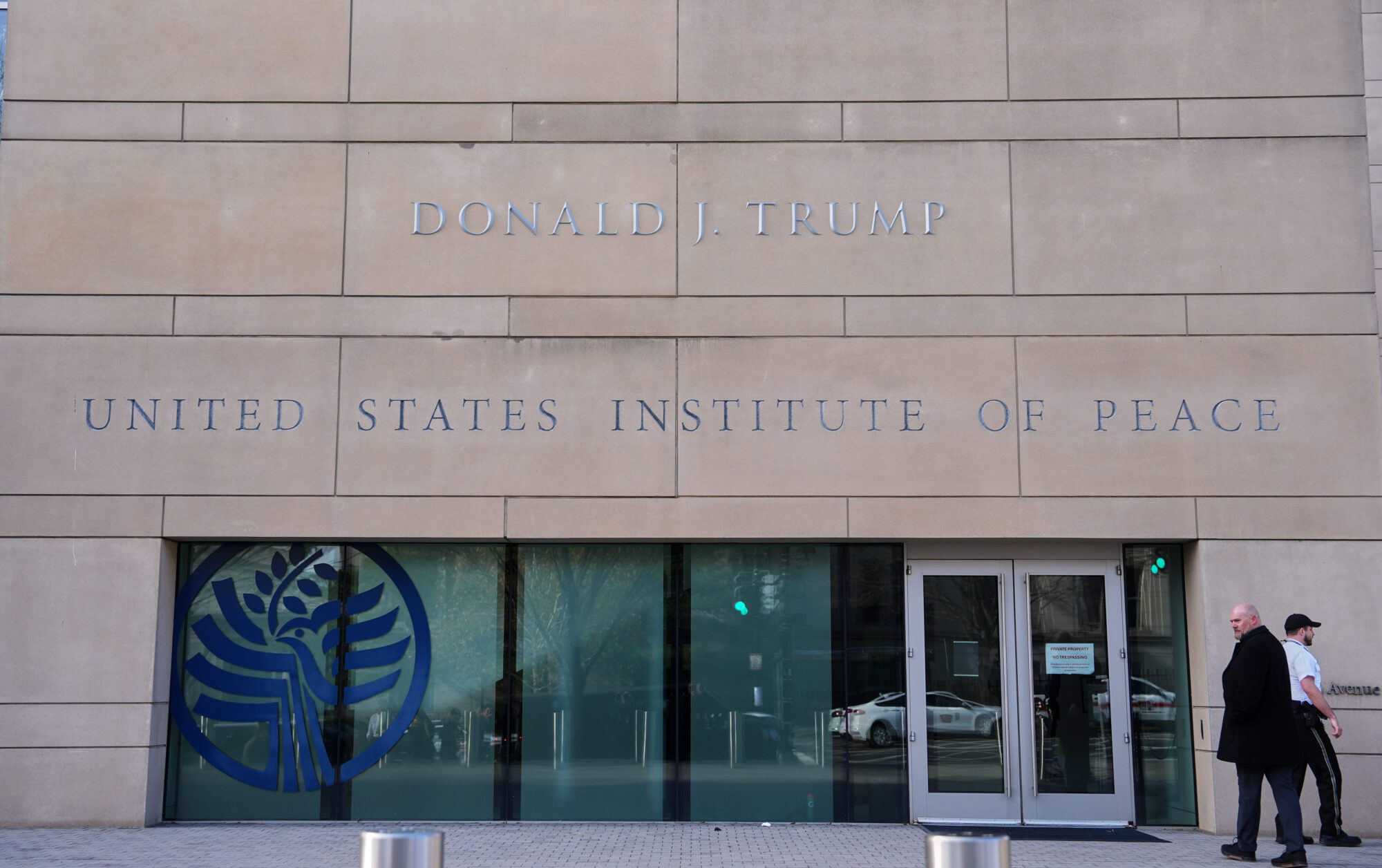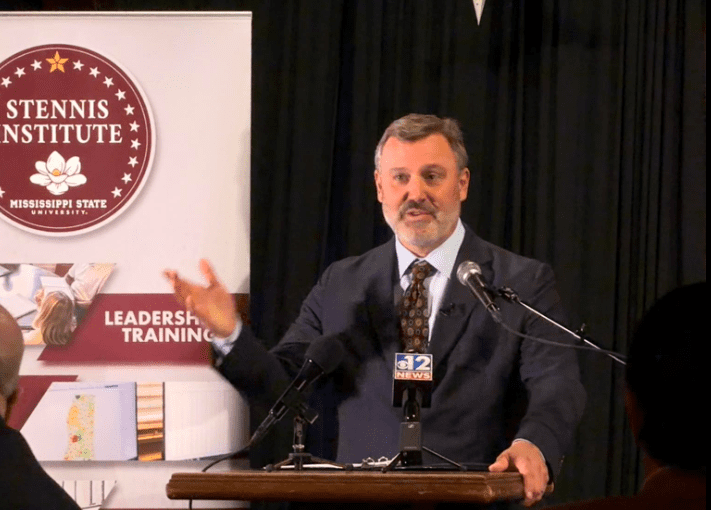
(Photo from Shutterstock)
- The program’s goal is to reduce local public defender caseloads, allowing more time to visit clients, conduct investigations, negotiate cases, and prepare for trial.
There is little, if any, chatter about a funding measure for a pilot program overseen by the Mississippi Office of State Public Defender to provide better legal representation for indigent defendants in one of Mississippi’s worst “legal deserts.”
The Office’s proposed Fiscal Year 2026 budget for a pilot program in the 5th Circuit District, encompassing Attala, Carroll, Choctaw, Grenada, Montgomery, Webster, and Winston counties, is $838,000.
The proposed pilot program was being considered to help reduce local public defender caseloads, giving them more time to visit clients, conduct investigations, negotiate cases, and prepare for trial. It would employ four full-time attorneys, an investigator, and an administrative assistant.
The counties in the 5th Circuit District are among the most rural in the state. Alleged offenders often struggle to find affordable legal representation in the area, said State Defender Andre de Gruy.
“We believe the pilot [program] would give us an opportunity to demonstrate the benefits of active representation in the early stages of cases – before indictment,” de Gruy said, adding research and experience suggest it would lead to lower jail populations, faster dispositions, and better appearance rates.
“By reducing the workload for existing defenders, they would have more time on their clients’ cases, improving representation for all. We also believe the pilot will help attract lawyers to underserved rural counties,” de Gruy explained, noting that the Access to Justice Commission calls the focus “greening legal deserts.”
As previously reported, de Gruy said of Mississippi’s 82 counties, 67 have a population of less than 50,000 people and 11 of the 23 Circuit Court Districts are comprised of rural counties. The remaining districts have one mid-size town of 50,000 to 100,000 people, but those districts are “exceptionally large geographically,” the OSPD stated.
While the original funding bill died at the end of the regular session, de Gruy said, “I suspect they will have to file new bills in the special session.”
Governor Tate Reeves (R) has not said when he will call a special session to complete the appropriations process ahead of the new fiscal year or if the call will include non-appropriation measures.
For now, the halls of the state Capitol are silent, with staffers and elected officials alike saying they do not know when a special session will be called and what will be asked of lawmakers.










